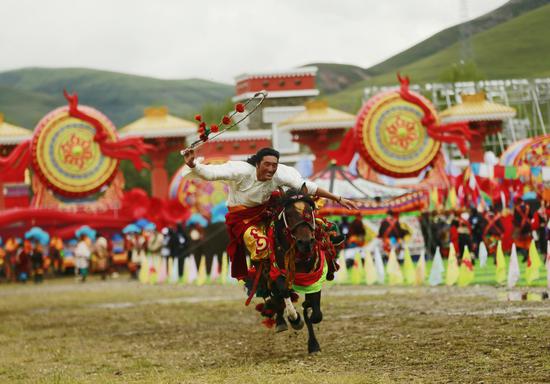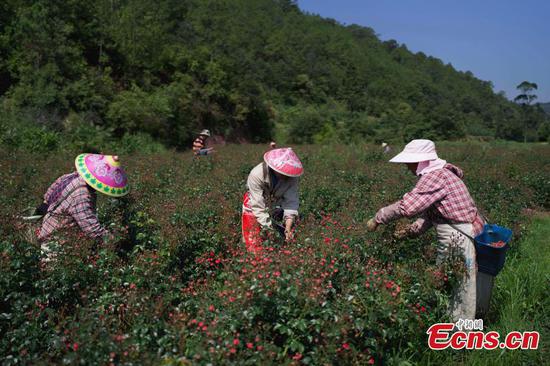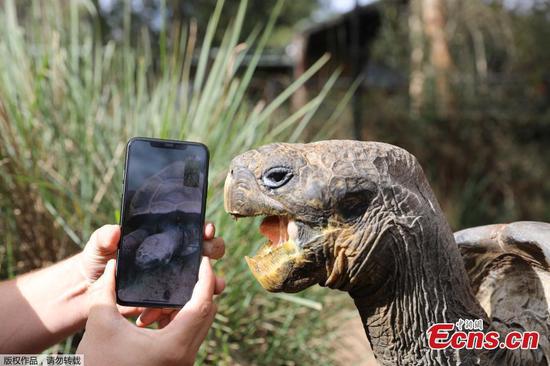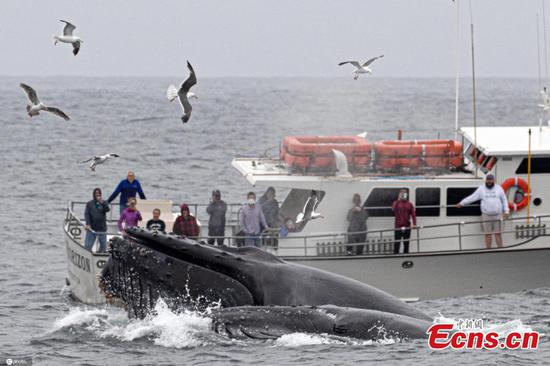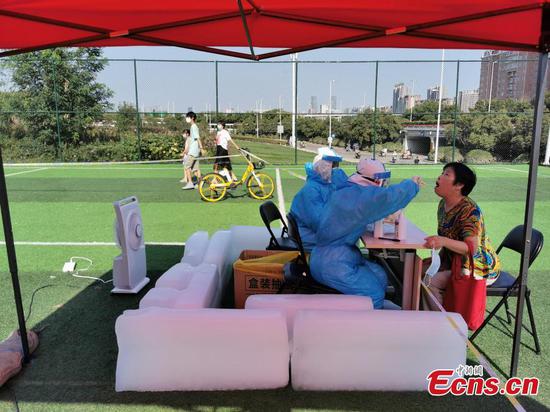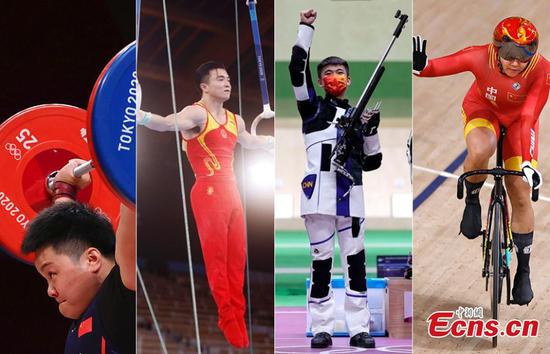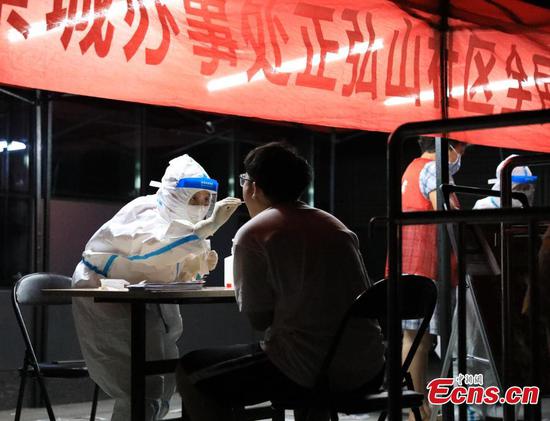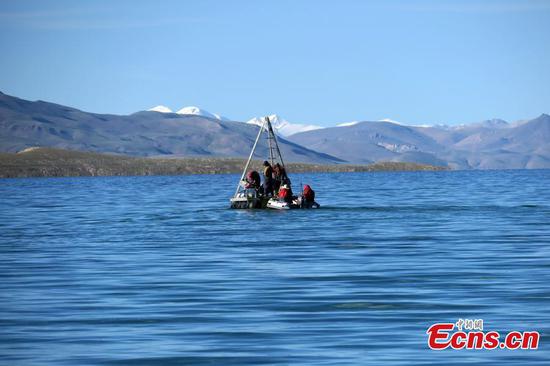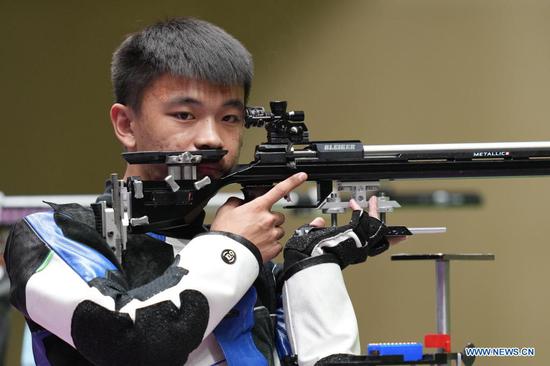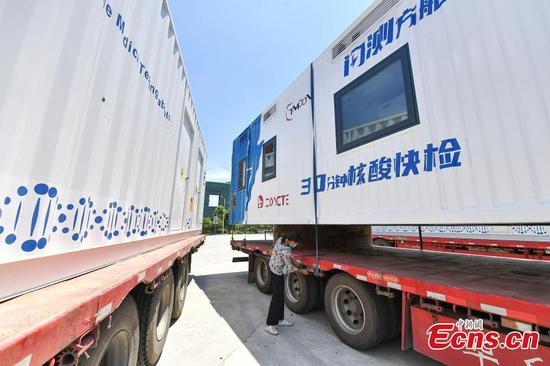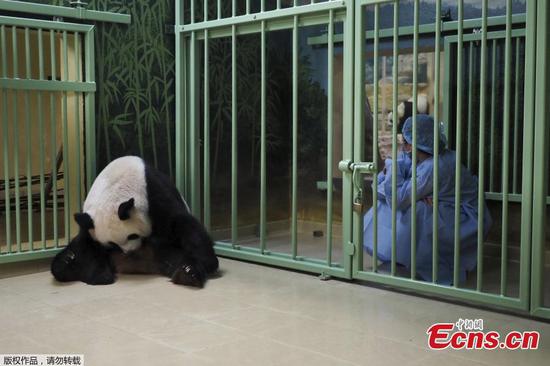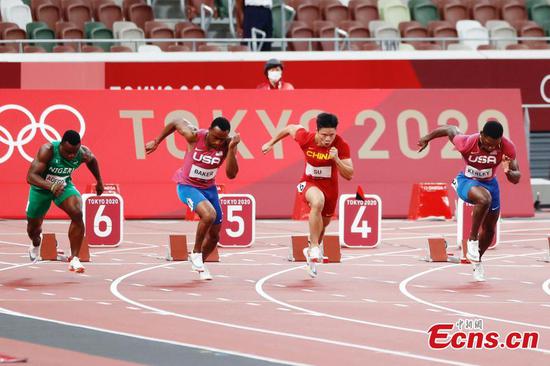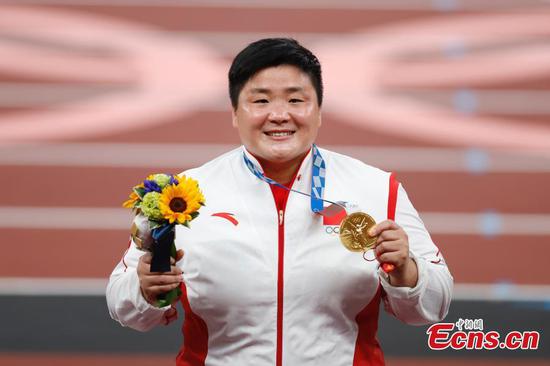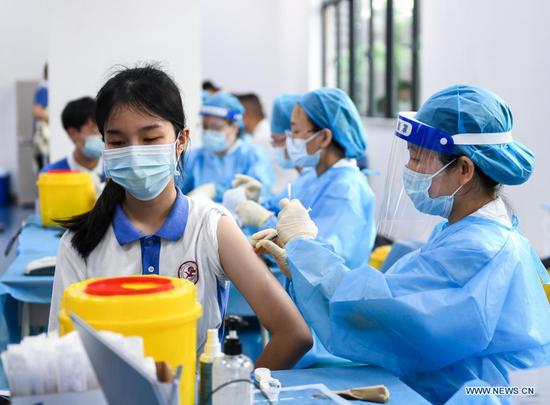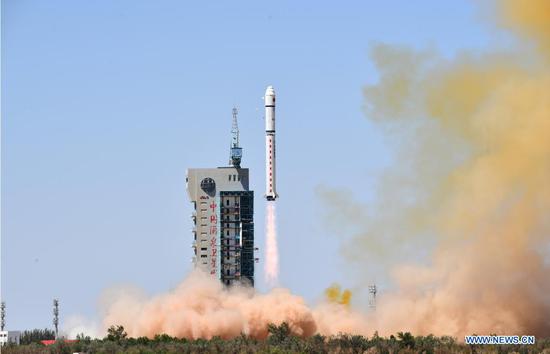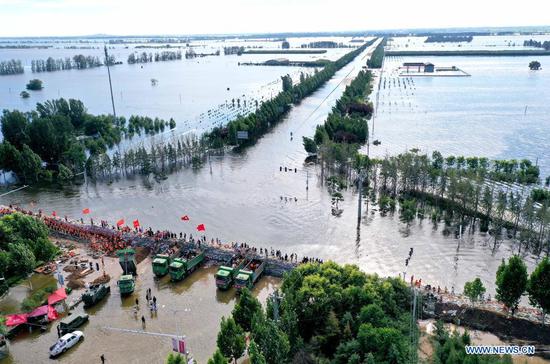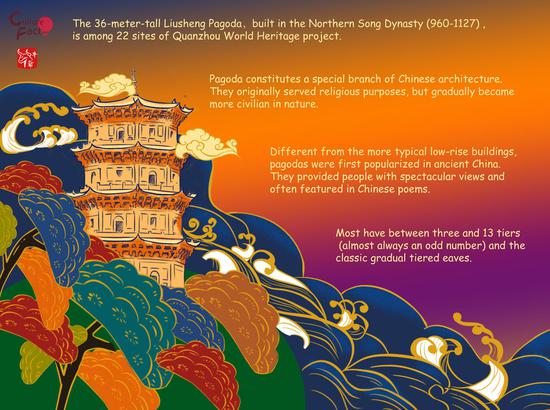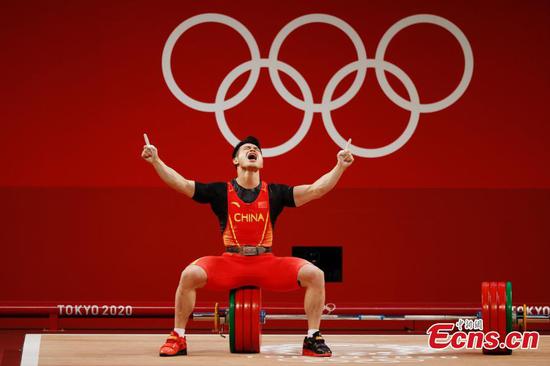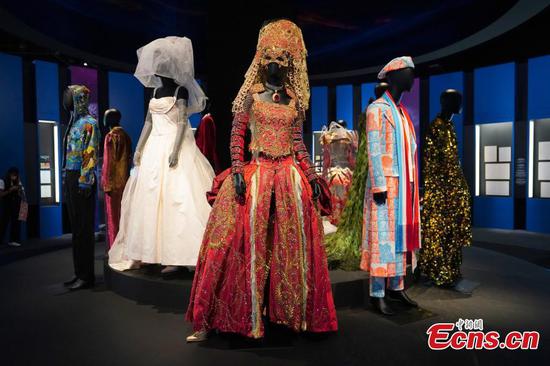Further joint studies in COVID-19 origin tracing are important, particularly through global collaboration rather than accusation or finger-pointing, and should be based on science and facts, an ASEAN official has said.
"Much more politicized and stigmatized are the discourses in the origin of COVID-19, giving rise to hate crimes," said Kung Phoak, deputy secretary-general of ASEAN for ASEAN Socio-Cultural Community, in an op-ed recently.
He noted that public and social measures including lockdown and vaccine rollout have been perceived to be politically motivated, intermixed with conspiracy theories, which has not waned in spite of evidence-based information, results of scientifically peer-reviewed studies and developments to respond to COVID-19.
According to the joint study on global origin tracing conducted by the World Health Organization (WHO) and experts from countries including China this year, the introduction through a laboratory incident was considered to be an extremely unlikely pathway, he said.
"If we base our collective efforts, such as the research and development on vaccines against COVID-19, on evidence-based and scientific processes and findings, the origin tracing study conducted by global experts should be perceived and understood in a similar way," said Phoak.
"China has been cooperating with various countries and international organizations such as the WHO to address this pandemic," he said, and thanked China for making great efforts in sharing its vaccines to the rest of the world, albeit also facing a monumental task to vaccinate more than a billion people of its own.
He called on all communities to focus on the study of the COVID-19 variants and to jointly respond to these variants with new evidence-based medications and treatments.
"Any politicization will undermine the whole purpose of saving all lives," he said.










